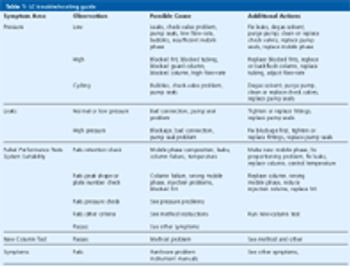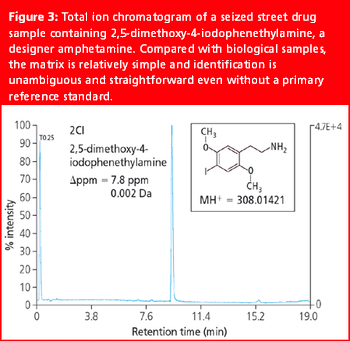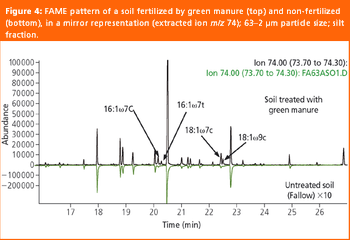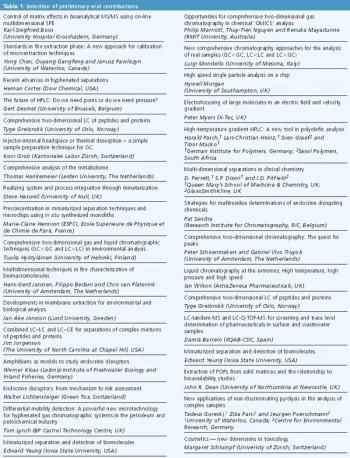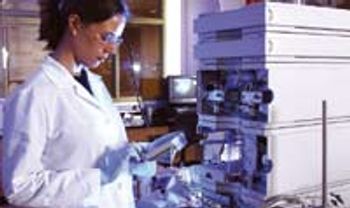The Eighth International Symposium on Advances in Extraction Techniques (ExTech) highlights new extraction technologies for chemical and biochemical analysis in laboratory and on-site settings. Generally, the series focuses on solvent-free sample preparation including methods for rapid and selective enrichment prior to analysis and micro-sample preparation. Major emphasis will be placed on the fundamental understanding of extraction processes that result in greater selectivity and efficiency in method development and a rationalization of method selection for specific applications. On-site environmental methods and biomedical applications will be covered. The ExTech symposium series was initiated in 1999 by Professor Janusz Pawliszyn. The 2006 edition will focus especially on passive sampling methods, use of molecular imprinted polymers, biologically modified sorbents, novel coatings and sorbent material and will take place on 6–8 February at the Moat House Hotel, York.


